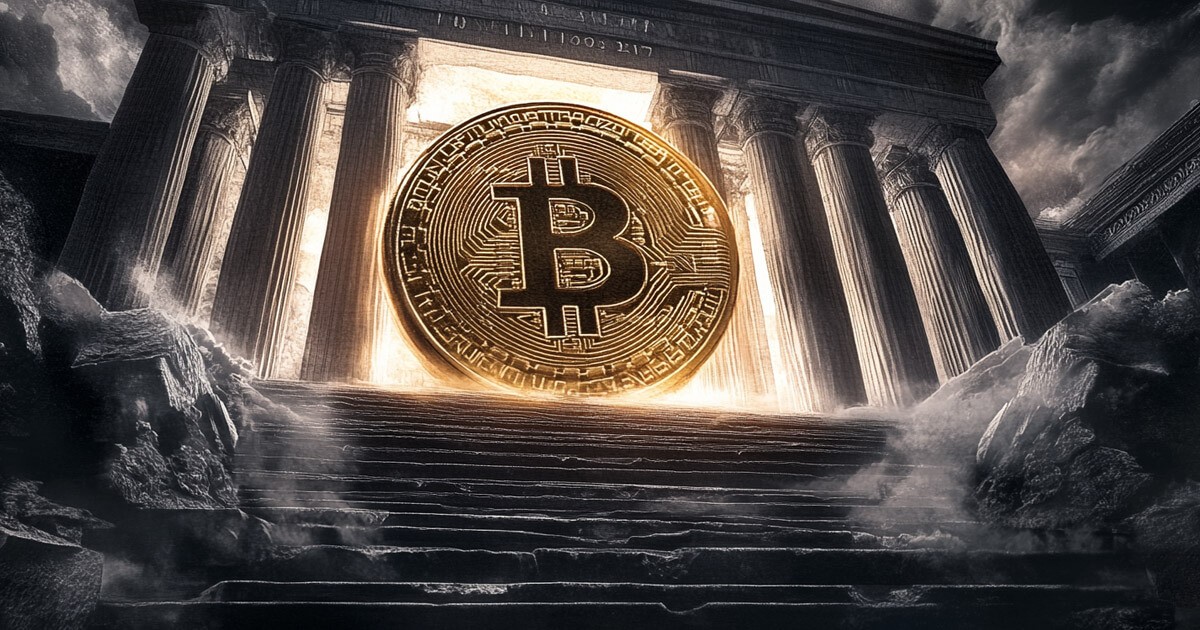
Major nations are making unprecedented moves to incorporate Bitcoin into their strategic reserve assets, marking a dramatic shift in global monetary policy. Leading economies including the United States, Switzerland, and several others are actively exploring or implementing plans to hold Bitcoin alongside traditional reserves like gold and dollars.
In a notable development, the Trump administration has proposed creating a U.S. Bitcoin reserve to enhance economic stability and hedge against inflation. Senator Cynthia Lummis has championed the initiative, highlighting Bitcoin's fixed supply as a key advantage for national reserves.
Switzerland could become the first nation to officially hold Bitcoin as a reserve asset, with the Swiss National Bank considering a public referendum on the matter. This aligns with Switzerland's reputation for financial innovation and independence.
The momentum is spreading globally. Germany's former Finance Minister Christian Lindner has suggested the European Central Bank explore Bitcoin to reduce dollar dependence. Hong Kong legislator Wu Jiezhuang advocates incorporating Bitcoin into the city's reserves to boost economic resilience.
Russia has begun using Bitcoin for international transactions to navigate Western sanctions, with Russian companies utilizing domestically mined Bitcoin for foreign trade. President Vladimir Putin has expressed support for digital currencies as alternatives to the dollar-based system.
Brazil has introduced the RESBit initiative to allocate international reserves to Bitcoin, while Poland is examining similar measures to position itself as a digital finance leader. Presidential candidate Sławomir Mentzen proposes creating a reserve with favorable regulations and low taxes.
The shift mirrors historical patterns where early adopters of strategic assets like gold gained lasting advantages in global finance. As Bitcoin's role in national reserves grows, countries face mounting pressure to adapt or risk being left behind in an evolving financial landscape.
This transformation extends beyond economics - Bitcoin represents a commitment to innovation and independence. While some skepticism remains, the trend toward Bitcoin adoption in national reserves appears irreversible, reshaping the future of global monetary policy.